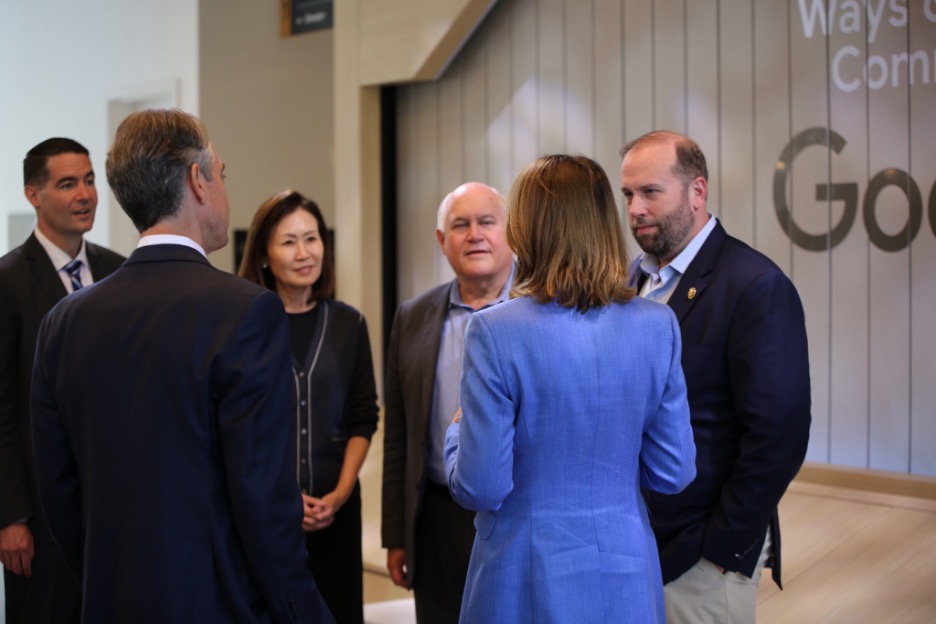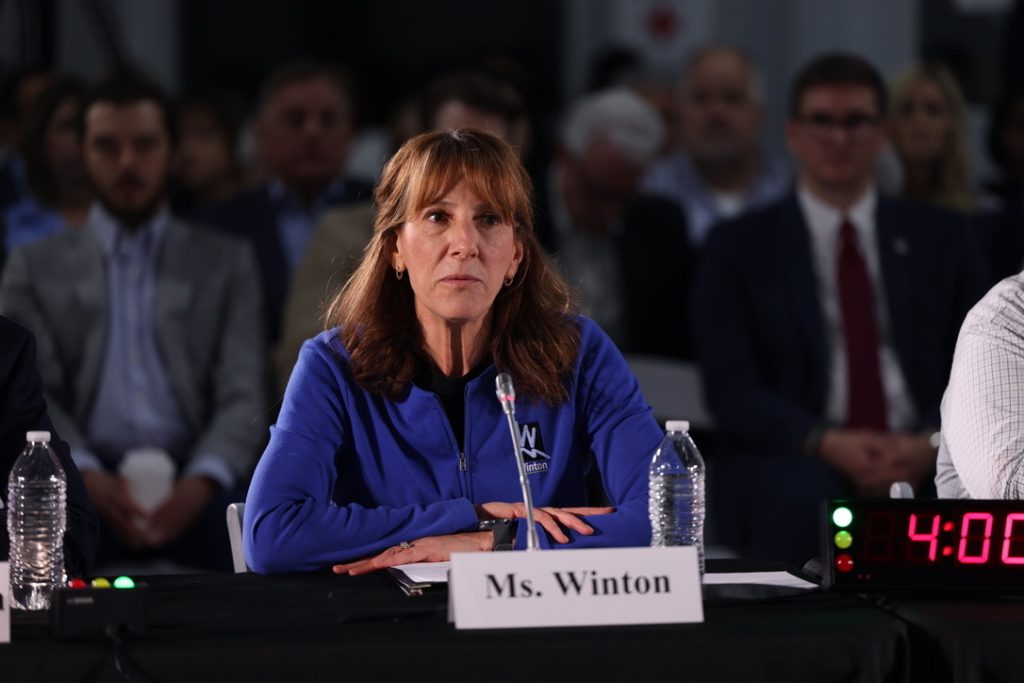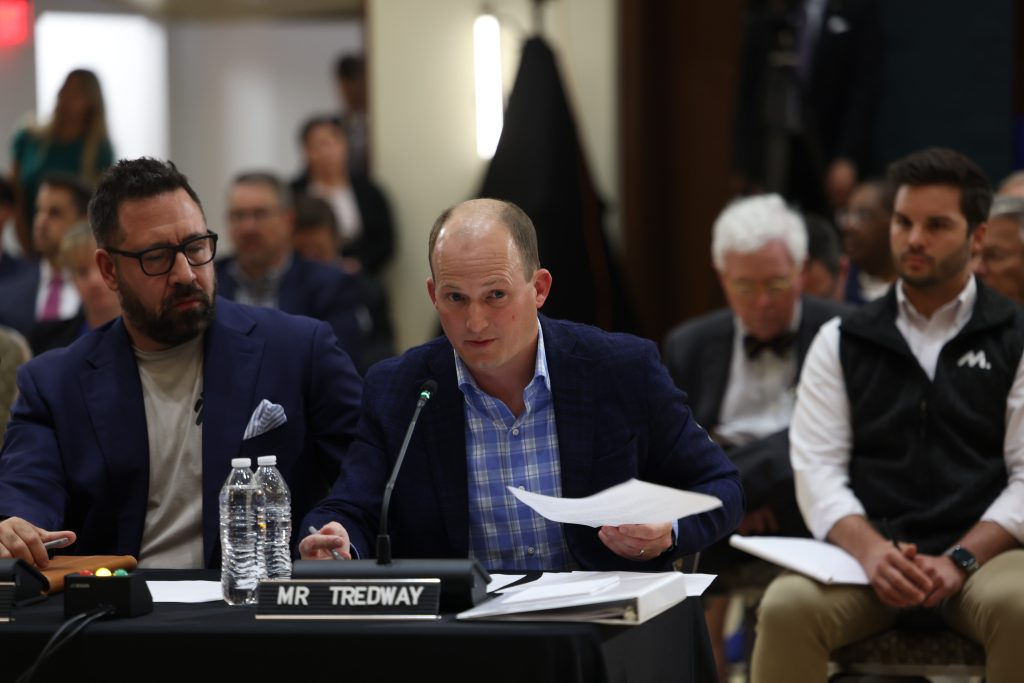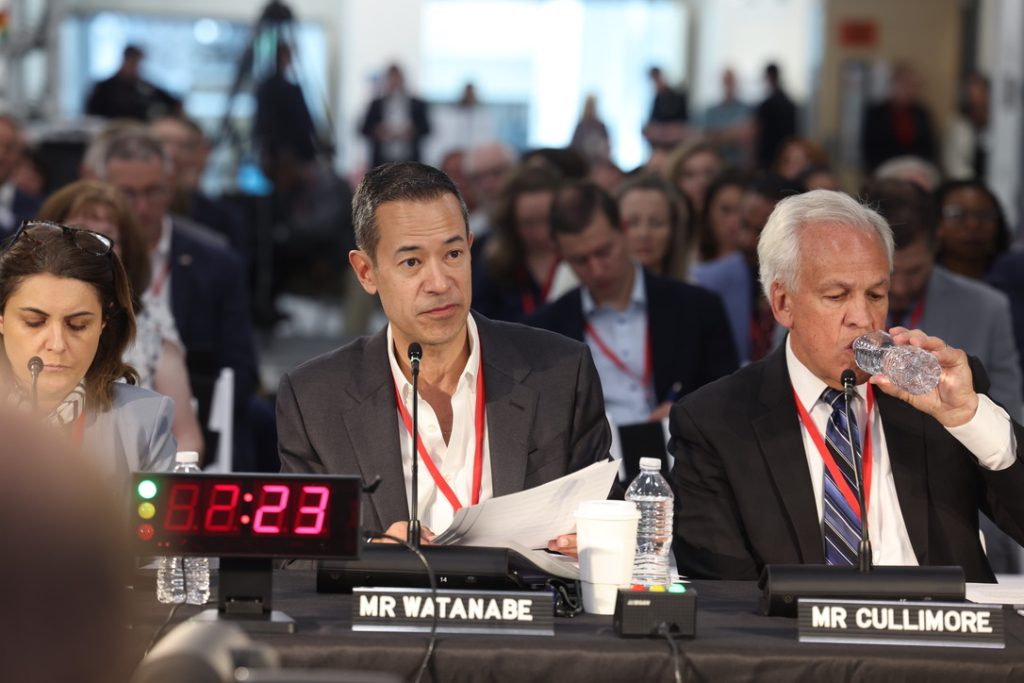With Cuts Expired, Chinese Companies Benefit From R&D Expensing 10 Times Larger.
WASHINGTON, D.C. – The United States is mired in a research and development (R&D) “recession” made worse by the expiration of the Trump tax cuts. Due to the expiration of immediate R&D expensing, domestic R&D investment shrunk in 2023. Immediate expensing not only helps American innovators discover the next game changing idea, but it ensures that America remains competitive with nations like Communist China. If Congress does not act, American businesses will stay handicapped, only able to expense 20 percent of their R&D expenses each year. Meanwhile, China provides corporate welfare in the form of a 200 percent R&D “super deduction.” American manufacturers claim the bulk of the R&D deduction in the U.S., further helping an industry and its workers who have been unfairly targeted by Chinese government subsidies.
Immediate R&D expensing creates a massive economic boost across the broader economy. Restoring the deduction would generate $70 billion in new R&D investment and support 21 million jobs.
House Ways and Means Committee Chairman Jason Smith (MO-08) released the following statement:
“America is locked in a global competition with Communist China. If Congress fails to renew the Trump tax cuts, we will needlessly risk surrendering any competitive advantage we have. R&D expensing is not just a tool to compete with China; it is a pro-worker policy that supports 21 million good-paying jobs. Allowing that provision to remain expired hurts millions of families here at home and is a gift to Beijing. That’s why Congress must act quickly and extend President Trump’s tax cuts and help America and Americans compete and win.”
VIDEO: The Trump Tax Cuts: Making the Economy Great Again

The U.S. Innovation Tax Team, led by Rep. Ron Estes (KS-04), has held events outside Washington to hear from American innovators about the need to restore immediate R&D expensing. Innovative companies have shared that the loss of immediate expensing has led to the cancellation of research into cutting-edge technologies, loss of good-paying jobs, and uncertainty about future investment. The Team’s travels were part of over 120 listening sessions in 20 states focused on how to build on the success of the 2017 Trump tax cuts. Small businesses, job creators, farmers, and workers have all told the Committee that the best thing we could do for wages and economic competitiveness is extend those tax cuts as soon as possible.
Message to Washington
In hearings outside the halls of Congress, job creators have shared the impact of immediate R&D expensing and urged Congress to include the policy in an economic package.
Hearing on the State of the American Economy | Peachtree City, GA

Lisa Winton, Georgia manufacturer: “For decades, we could immediately deduct 100 percent of our R&D expenses in the year they are incurred. But as of 2022, we can only recover a small portion of those costs each year…China allows a ‘super deduction’ for manufacturing R&D equal to 200 percent of research costs…”
Hearing on Creating More Opportunity in the Rust Belt | Erie, PA

Tom Tredway, Pennsylvania manufacturer: “For Erie Molded, the first year sort of caught us off guard. Immediately, we got a tax bill we weren’t expecting. Now, we can, of course, appreciate those expenses down the road later, but I need to make those decisions now and have that money to reinvest in my company and my people. Initially, it was money out of our pocket that we were not expecting. Looking to the future, we’ll still do some R&D, we’re going to look at it differently. It’s different math now. For us, it’s 90 percent. Sounds like the industry average is 75 percent goes to wages. I know that the more I put in R&D, the more I’m setting myself up for a higher tax bill every year. So it’s going to change the math for us. It’s a big problem.”
Hearing on Unleashing Medical Innovation in America | Salt Lake City, UT

Frank Watanbe, biotechnology startup president: “I think there are a number of specific provisions. The first one is restoring full deductibility for R&D investments. The committee has already taken that up. The bill has passed the House. We hope to see that pass through. The challenge there is that small companies are paying taxes even though they’re not making any money, because they’re not able to fully deduct their R&D expenses. In particular for smaller companies, that can be crippling.”
